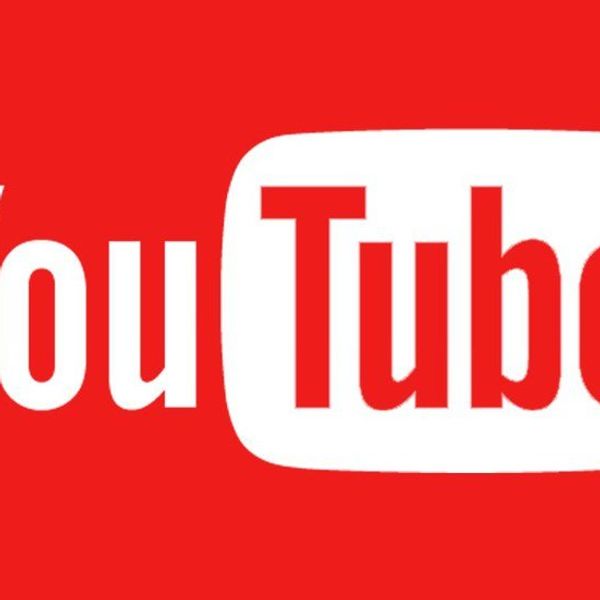Dear YouTube,
Stop censoring young voices for your own lucrative gain.
-Valued Viewer
Within the last few weeks, the internet has been bursting with opinions about the controversial demonetization of YouTube. Although the website claims there has been no real policy change, creators and viewers alike are outraged by this new development. As a dedicated viewer and fan of the site for almost 10 years, I have never been so disappointed in the negligence of a company. YouTube has officially become a capitalist money-making machine, and now they have the power to censor any voices they want. I thought that's what the government was for...
What is Demonetization?
Demonetization is a policy that has apparently been happening since 2012, but we never knew about it until a few weeks ago. Demonetization is YouTube's right to take away a video's ability to make money by withdrawing any AdSense revenue. This can occur when a video fits into the following guidelines straight out of YouTube's Terms and Conditions:
"Sexually suggestive content, including partial nudity and sexual humor
Violence, including display of serious injury and events related to violent extremism
Inappropriate language, including harassment, swearing and vulgar language
Promotion of drugs and regulated substances, including selling, use and abuse of such items
Controversial or sensitive subjects and events, including subjects related to war, political conflicts, natural disasters and tragedies, even if graphic imagery is not shown"
Is it just me or is that ridiculously vague? YouTube's reasoning behind this is to make content more "Advertiser Friendly", but it seems that this is giving YouTube unlimited power in choosing what videos are made.
Why does it matter?
Having the power to demonetize videos is very dangerous. Seeing as most YouTubers create content as their primary source of income, denying them a paycheck means silencing videos with any controversial subject matter that YouTube doesn't support. Those who support YouTube's policy argue that creators can still make any content available to the public and rely on their other videos for revenue; however, there is no longer any incentive for these videos to be made. It takes several hours to produce a single five-minute video, and when a creator is relying on those hours of work to pay their rent it's a little naive to think they'll do anything other than reaction videos and lighthearted challenges to make ends meet. Also, with such ambiguous guidelines for what needs to be demonetized, it seems big business has complete control now. This brings up a whole new conversation: How much control and censorship should social media have over what we say, type, or film?
The Worst Part: A "Silver Lining"
Perhaps the most astonishing information is that their guidelines haven't changed for several years. Demonetization has always been around, but before now YouTube has made it next to impossible to find. The real policy change was something that should have always been a standard in conducting business: letting your creators know that this was happening. Now, YouTube e-mails any creators who have demonetized videos. Before, the change would only be recognized with a careful look at a YouTuber's analytics. Creators are always complaining about YouTube's lack of transparency with the very people who make them money, but a line has definitely been crossed when it comes to people's livelihoods. Additionally, the process of demonetization has been revealed: a simple algorithm that identifies keywords and categorizes them as "Ad-Friendly". There are countless cases of videos being wrongfully demonetized as a result of this faulty system and the creators never even knew. On the bright side, YouTube has now implemented a new process for manual reconsideration with a human representative evaluating each video that goes through the appeal process.
Moving Forward
All we can do now is hope that YouTube uses this control wisely with the will of the people in mind. The YouTube community has always been a place that promoted the value of democracy and free thought, but that could change in the future. Many popular content creators like Philip Defranco, a video blogger who frequently discusses current events, have made statements about their demonetized videos and their fear for the community going forward. Social media has had a field day with this policy change coining the hashtag #YouTubeIsDead. Let's hope it doesn't let our freedom of speech die with it.





















